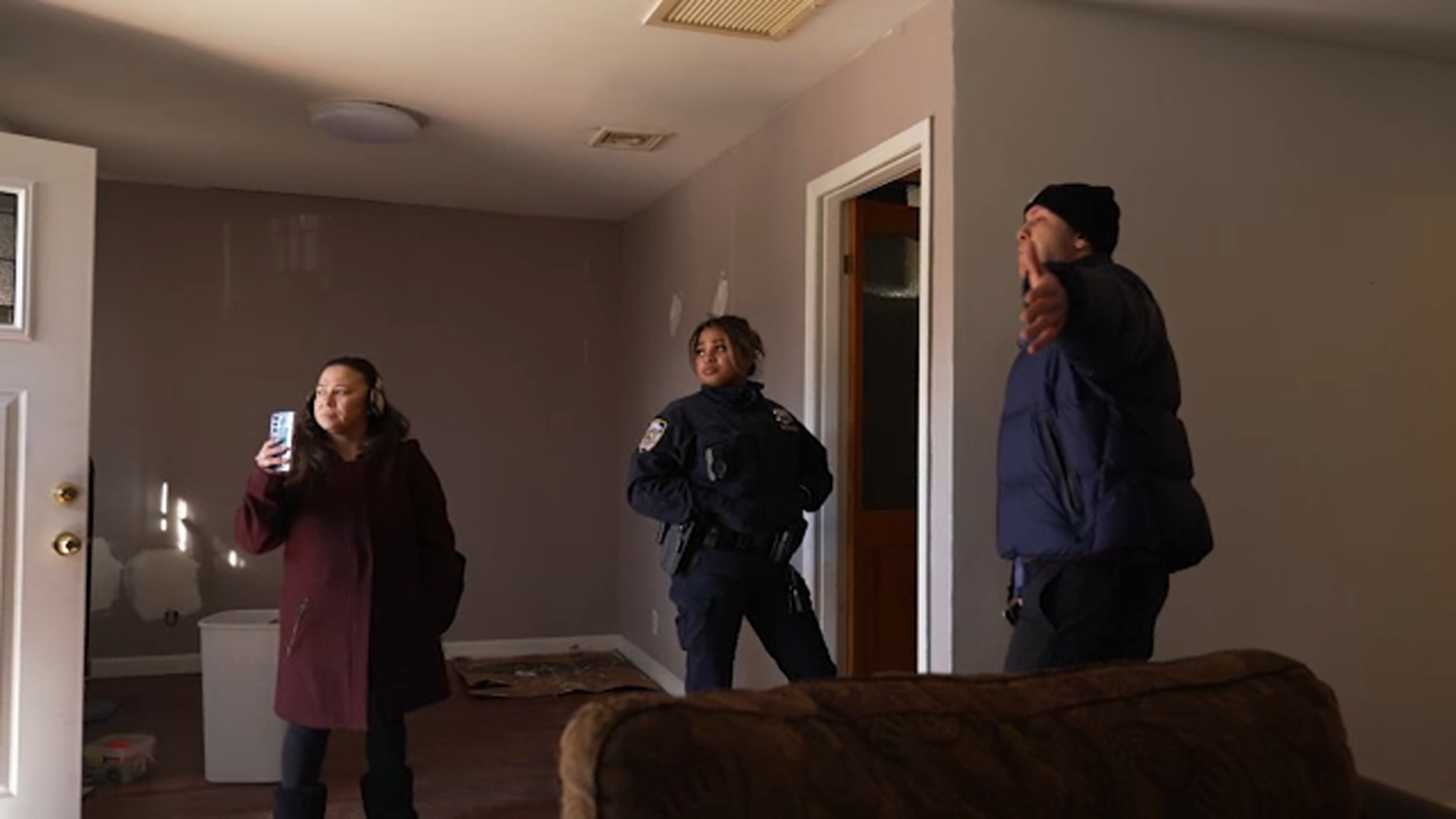
Evictions and property rights issues have become increasingly significant in discussions about housing, particularly with the economic impacts of the pandemic.
The legal landscape of evictions is constantly evolving. Notably, recent legislation in Florida and Georgia has specifically addressed the issue of squatting. Florida’s new law targets the so-called “squatter scam,” increasing penalties for those who unlawfully occupy properties and clarifying the process for property owners to regain control. Similarly, Georgia has implemented tougher measures under its “squatter law” to streamline the eviction of unauthorized occupants.
Rights and Responsibilities
Landlords must adhere to a legal process for evictions, which includes providing proper notice and the opportunity for tenants to remedy any breaches, such as non-payment of rent or property damage. On the other hand, tenants should leverage local legal aid and advocacy resources to understand and protect their rights during eviction proceedings.
Balancing Interests
Effective management of evictions requires open communication and may benefit from mediation. Both landlords and tenants are encouraged to consult legal professionals to navigate these disputes appropriately and lawfully.
Featured Video: Attorney Insights on Squatting and Eviction Issues
In this featured clip, I discuss a recent high-profile squatting case in New York on national news. This discussion sheds light on the broader implications of squatting and eviction laws, including recent legislative changes in Florida and Georgia, emphasizing the complexity of property rights and the need for clear legal frameworks.
Conclusion
Staying informed about the latest changes in eviction laws, such as those recently enacted in Florida and Georgia, is crucial for landlords and tenants to avoid legal pitfalls and ensure fair practices are followed. For more detailed guidance or legal assistance, please contact our firm.
Call to Action
Are you facing eviction challenges or issues with unauthorized property occupation? Contact us today for expert legal advice and representation tailored to your needs.
